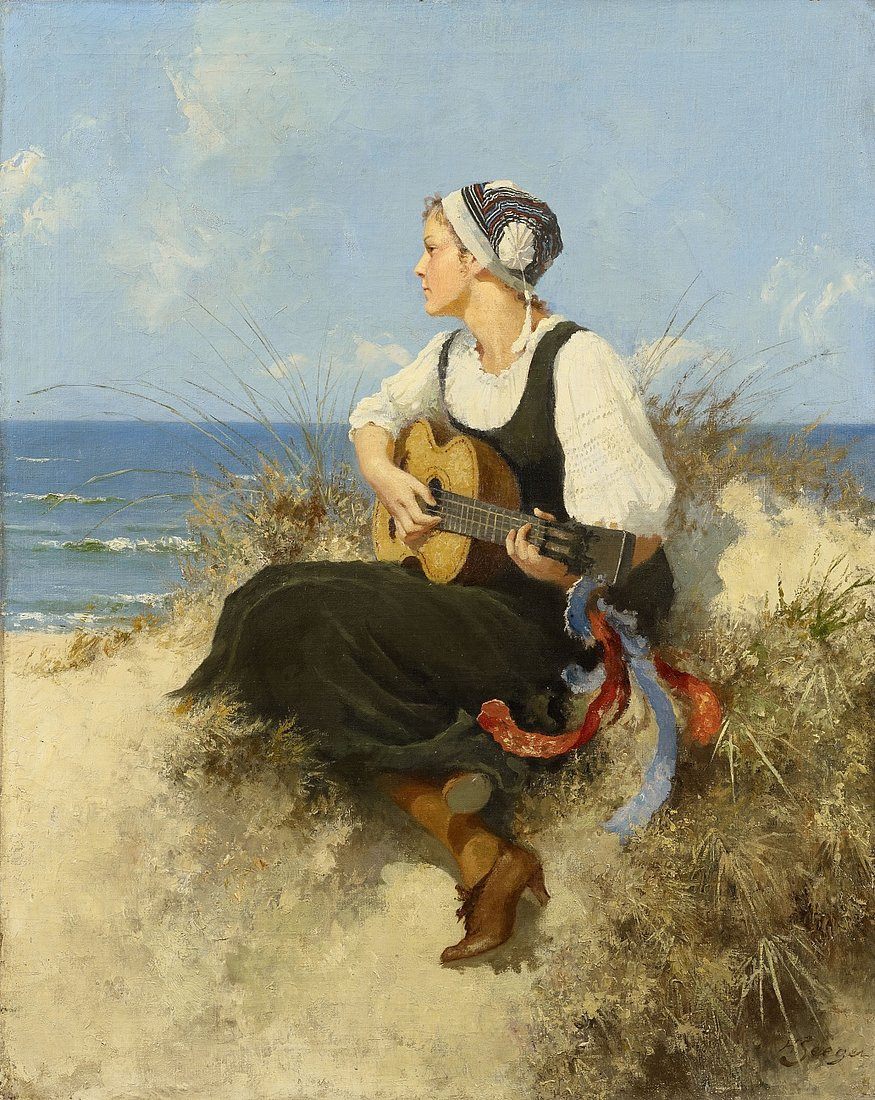I saw a Jolly Hunter
Charles Causley (1917-2003)
His English, my Latin
I saw a Jolly Hunter
I saw a jolly hunter
With a jolly gun
Walking in the country
In the jolly sun.
In the jolly meadow
Sat a jolly hare.
Saw the jolly hunter.
Took jolly care.
Hunter jolly eager -
Sight of jolly prey.
Forgot gun pointing
Wrong jolly way.
Jolly hunter jolly head
Over heels gone.
Jolly old safety catch
Not jolly on.
Bang went the jolly gun.
Hunter jolly dead.
Jolly hare got clean away.
Jolly good, I said.venatorem hilarem vidi
venatorem hilarem vidi, hilarissima
armatum pharetra, rus hilare ingredi;
fundit sol hilaris lucem. hilarissimus
in prato lepus est nempe hilarissimo:
venatorem hilarem conspicit anxius.
o quam res hilaris! praedam hilarissimus
urgens ille vagorum immemor arcuum
delapsus subita clade hilarissima,
cui tutela hilari nulla periculo.
arcus prosiluit vis hilarissimi;
venator periit morte hilarissima;
evasit leporis forma hilarissimi;
delectans hilari carmine gaudeo.Translation: Copyright © Timothy Adès
